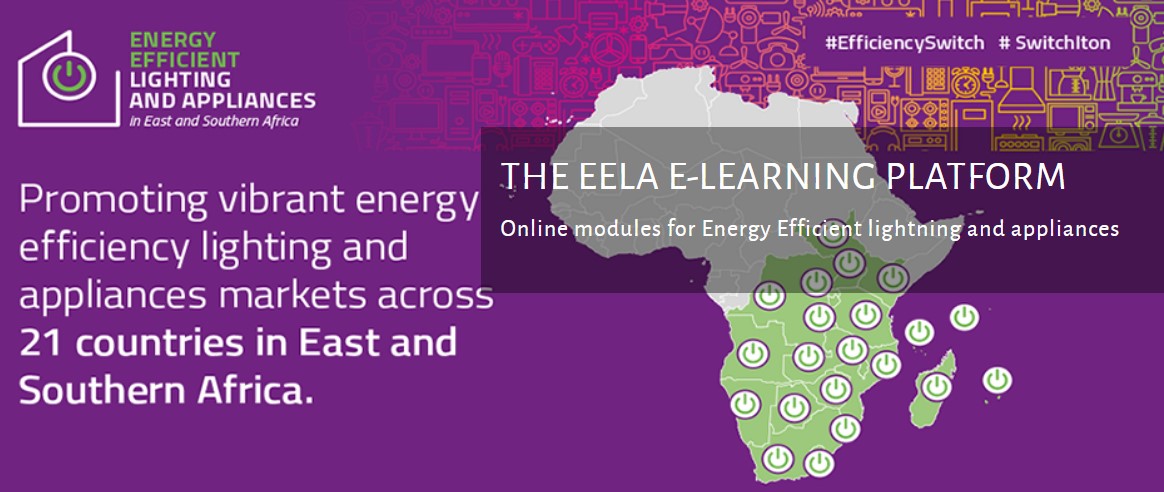Institutional Structure
The Centre is governed by an Executive Board (EB) and a Technical Committee (TC) which meet once a year. Usually the EB and TC meetings will be coordinated with the meetings for the EAC Sectoral Council of Energy. The EB shall share all minutes and finally approved documents (e.g. status reports, work plans, financial statements, and audits) with the core partners.
Core donors, such as the United Nations Industrial Development Organization (UNIDO) and Austrian Development Agency (ADA), are defined as partners who support the technical and institutional operations of the centre through long-term contributions.
TC meetings shall be open to other non-core donor partners, particularly if they are interested in co-funding activities of the annual work plans or if they would like to align their activities with the centre (e.g. EU, IRENA, GIZ, UNEP, UNDP).
EACREEE Executive Board (EB)
EACREEE Technical Committee (TC)
EACREEE Secretariat
- Executive Director of the Center
- Technical and administrative staff
Focal Institution
Focal Institution
Focal Institution
Focal Institution
Focal Institution
Target Groups (e.g. Policymakers, project developers, utilities, SMEs, civil society
Positive economic, social and environmental impacts
Final Beneficiaries in East Africa
EACREEE Executive Board (EB): Approval of business plan, annual work plans and global budgets, status reports and financial statements; Provision of strategic policy guidance and monitoring of EACREEE; commissioning of strategic evaluations.
EACREEE Technical Committee (TC): Technical review of major planning and execution documents (e.g. business plan, work plans & budget, status and other technical documents) and provision of recommendations to the Executive Board; Approval of procurements and projects above a certain level by written non-objection procedure.
EACREEE Secretariat: Preparation and implementation of the business plan, annual work plans and budgets; Preparation of annual status reports; Development, coordination, co-funding and implementation of projects and day to day activities; Preparation and execution of tenders and calls for proposals; Appraisal and contracting of projects.
Focal Institutions: Active participation in the identification, appraisal, implementation and monitoring of projects and activities of the Centre; Provision of data and information on the national RE&EE sector.
Legal Status of the EACREEE
The Centre will be established as an institution of the EAC under the Energy Sectoral Council. The Centre will act as an independent body but within the legal, administrative and financial framework of EAC rules and regulations. It will have its own legal identity. The EAC will delegate the day-to-day management and decision-making authorities to the bodies and the Centre's Executive Director (e.g. procurement, authority to sign contracts and recruitment). This approach has been applied by UNIDO in the ECREEE and is considered to be essential to the effective and successful operation of the Centre.






